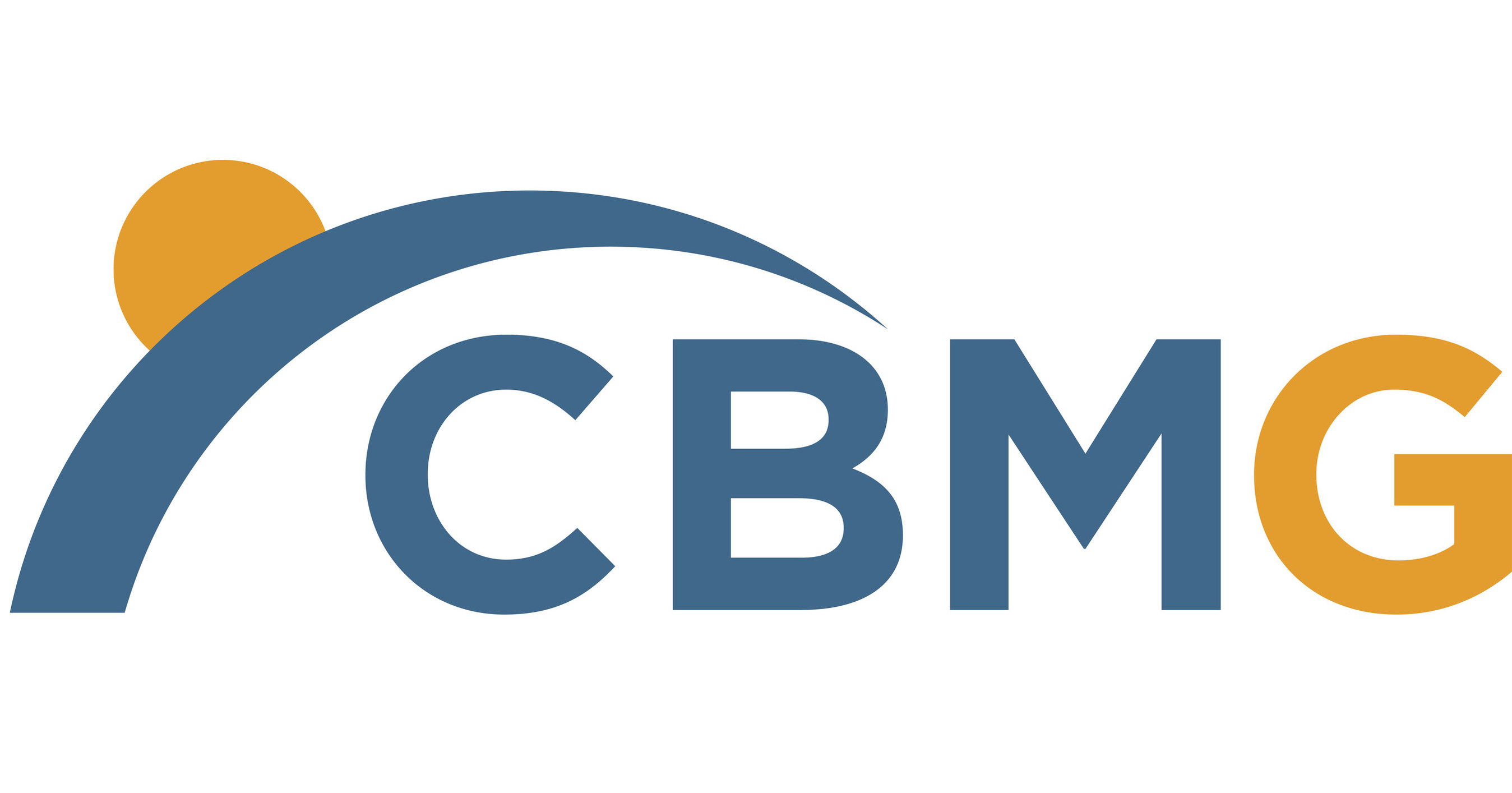U.S. FDA Grants Cellular Biomedicine Group Clearance of the IND Application for C-CAR039, a Bi-Specific CAR-T Cell Therapy for Relapsed/Refractory B-cell Non-Hodgkin Lymphomas
December 16, 2021 – SAN DIEGO, California
Cellular Biomedicine Group, Inc. (CBMG) announced on December 13, 2021 US Time that the U.S. Food and Drug Administration (FDA) has granted clearance of the Investigational New Drug (IND) Application to proceed with the clinical development of C-CAR039 in the U.S. [1]
C-CAR039 is an autologous bi-specific CAR-T cell therapy targeting both CD19 and CD20 for treatment in adult patients with relapsed/refractory B-cell non-Hodgkin lymphomas (r/r B-NHL). Clinical study results from an ongoing multicenter investigator-initiated trial (IIT) conducted in China have shown a 92.6% objective response rate and an 85.2% complete response rate. An oral presentation at ASCO 2021 Annual Conference was granted for C-CAR039. [2] Furthermore, in June 2021, U.S. FDA granted C-CAR039 Orphan Drug Designation in follicular lymphoma. [3]
The Chairman and CEO of CBMG, Mr. Tony (Bizuo) Liu, expressed, [1] “We are excited to bring this new promising advanced therapy to patients in the U.S. We hope that C-CAR039 can address the unmet medical need in relapsed/refractory aggressive B cell lymphomas and provide better treatment options to patients.”
“In the past two years, we have witnessed CBMG R&D and CMC teams dedicatedly working on the innovation of advanced cell therapy with better efficacy and safety profile to meet the unmet medical needs of patients, utterly committing to global high quality standards, substantially investing in both U.S. and China, and establishing multiple global standard GMP manufacturing lines and quality control systems in their U.S. Maryland and China Shanghai GMP facilities. We are honored to provide continuous support and services in regulatory submission and clinical development to a valuable client like CBMG. We wish that in the advanced cell and gene therapy area, more companies like CBMG may emerge, and we would be happy to support them to get U.S. IND approval, to establish manufacturing capability and to conduct the clinical studies by following global quality standards.” said Dr. Qinhua Cindy Ru, the Managing Director of CRC Oncology.
About C-CAR039
C-CAR039 is a novel anti-CD19/CD20 bi-specific autologous CAR-T cell therapy developed for the treatment of relapsed/refractory (r/r) B-cell non-Hodgkin lymphomas. [4]
About CBMG
Cellular Biomedicine Group, Inc. develops proprietary cell therapies for the treatment of cancer and degenerative diseases. The company conducts immuno-oncology and stem cell clinical trials in China using products from its integrated GMP laboratory. The Company’s GMP facilities in China, consisting of twelve independent cell production lines, are designed and managed according to both China and U.S. GMP standards. Its Shanghai facility includes a GE Healthcare Demo Laboratory of Cell Therapy and a Thermo Fisher Scientific Cell Therapy Technology Innovation and Application Center. These partnerships focus on improving the quality standards of the manufacturing processes for advanced cell therapies. For more information about CBMG, please visit www.cellbiomedgroup.com .
About CRC Oncology
CRC Oncology is a San Diego based regulatory submission and clinical trial management contract research organization (CRO). CRC Oncology provides high quality services with regards to the IND application, Orphan Drug Designation request, Fast Track Designation request, RMAT Designation request, clinical trial management, etc.
For more information, visit www.crconc.com.
References
1. FDA正式批准西比曼生物C-CAR039双靶点CAR-T产品的IND申请; 西比曼生物科技微信公众号,2021年12月14日.
2. 西比曼生物双靶点CAR-T最新数据亮相ASCO,总缓解率达到92.6%; 西比曼生物科技微信公众号,2021年6月11日.
3. FDA 授予西比曼双靶点CAR-T产品孤儿药资格认定; 西比曼生物科技微信公众号,2021年6月13日.
4. Zhou L, Huang J, Zhu S, et al. Developing a Novel Anti-CD19/CD20 Bi-Specific Chimeric Antigen Receptor T (CAR-T) Cell Therapy for Relapsed/Refractory (r/r) B-Cell NHL. Blood. 2020;136(Supplement 1):8. doi:10.1182/blood-2020-137826

